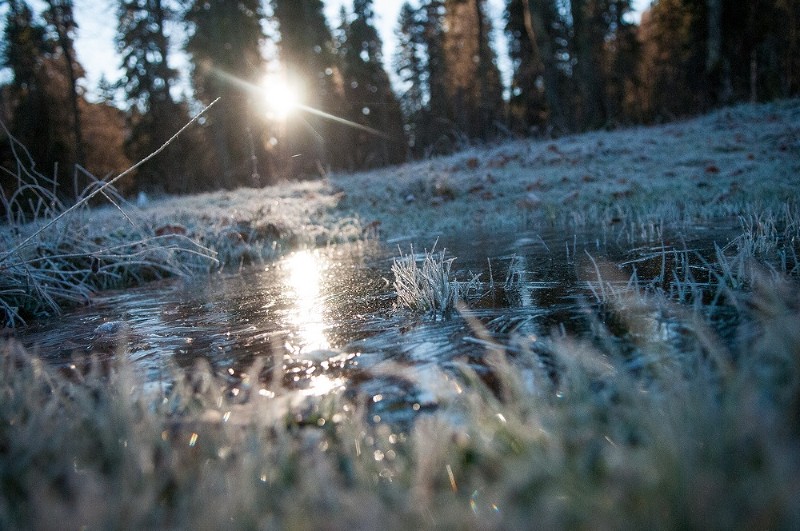USA - Winter tougher on farmers than plants and animals
24.01.2017 119 views
2024 AgroInsurance International Conference: New Partners and Agenda updates
26.02.20242024 AgroInsurance International Conference will take place on June 3-5, 2024 in Belgrade, Serbia, at the Hyatt Regency Hotel. Planet Labs (USA) and GAF AG (Germany) are sponsors of our conference. Agremo (Serbia) has been confirmed as the Organization Partner. More partners and sponsors to be announced in March 2024.

Spain - 30% of La Palma's banana production has already been lost due to the advance of the lava
14.10.2021More than three weeks after the Cumbre Vieja volcano erupted, the lava that continues to flow from its interior continues to devastate everything in its path, destroying houses, infrastructure, and banana plantations. The production of Platanos de Canarias is the economic engine of the island, accounting for 50% of its GDP and 30% of the jobs on the island.
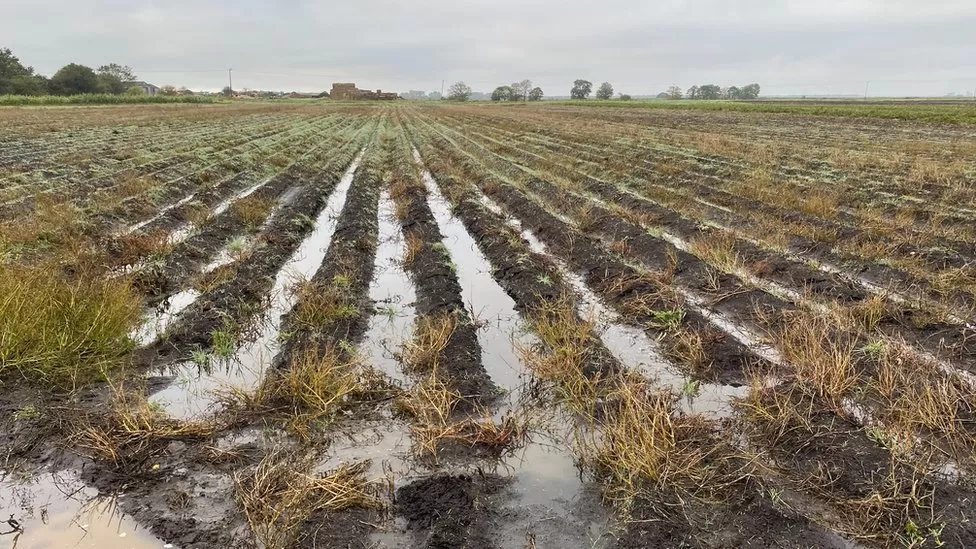
USA - Vermont farms are still recovering from flooding as they enter the growing season
Hundreds of Vermont farms are still recovering from last July's catastrophic flooding and other extreme weather as they head into this year's growing season. Dog River Farm, in Berlin, Vermont, lost nearly all its produce crops in the July flooding.

2024 AgroInsurance Conference - Presentations from Partners and Sponsors
Swiss Re (Switzerland), Generali (Serbia), Planet Labs (USA), GAF AG (Germany), Agremo (Serbia), Skyglyph AG (Bulgaria) and K. M. Dastur (UK/India) are the confirmed partners and sponsors of the Conference. The topics from our Sponsors and Partners will cover specifics of underwriting approaches, product design and technology innovations in agriculture insurance, when applying earth observation data facilitating proper informed decisions.
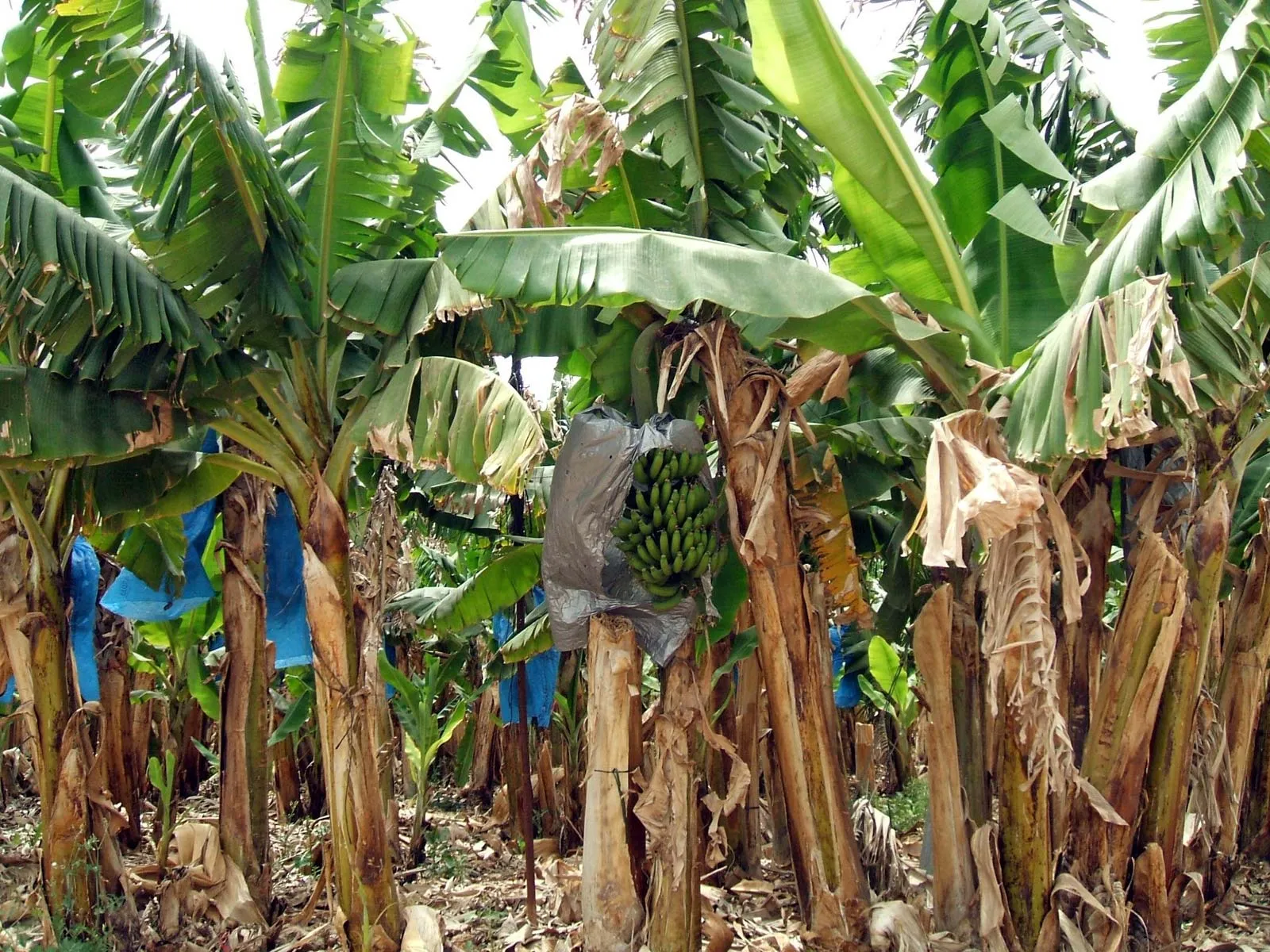
USA - Banana industry's future in the face of challenges
Bananas, a significant source of potassium, are enveloped in their own biodegradable packaging, making them a convenient and widely consumed fruit in the US. They play a crucial role in the American diet, with their consumption exceeding 20% of the total fresh fruit intake, which has expanded from 92 to 136 pounds per person annually over the past 50 years.

Latvia - Early April heatwave impacts fruit farming
In Latvia, an early April heatwave has prematurely awakened flora, leading to the blossoming of plums, apricots, cherries, and the greening of apple and pear trees. This abrupt seasonal shift has prompted concerns among fruit farmers as a subsequent drop in temperature and expected frosts threaten plantations.
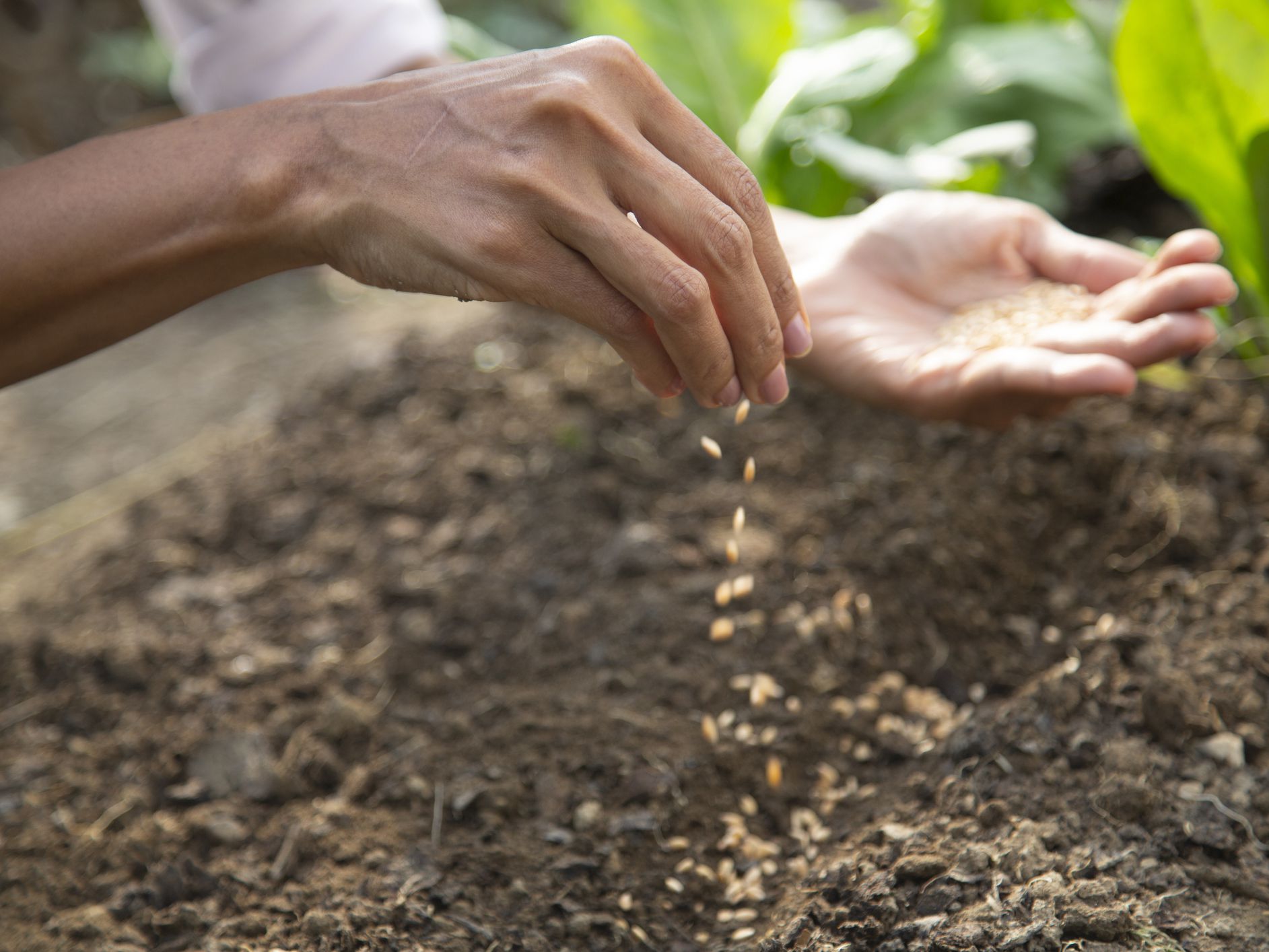
South Africa - Uncertainty looms over winter crop planting season
As South Africa navigates through the aftermath of El Niño, its agriculture sector braces for the significant impact it could have on the upcoming winter crop season. As the country approaches the winter planting season, concerns loom over the potential challenges posed by limited rainfall.
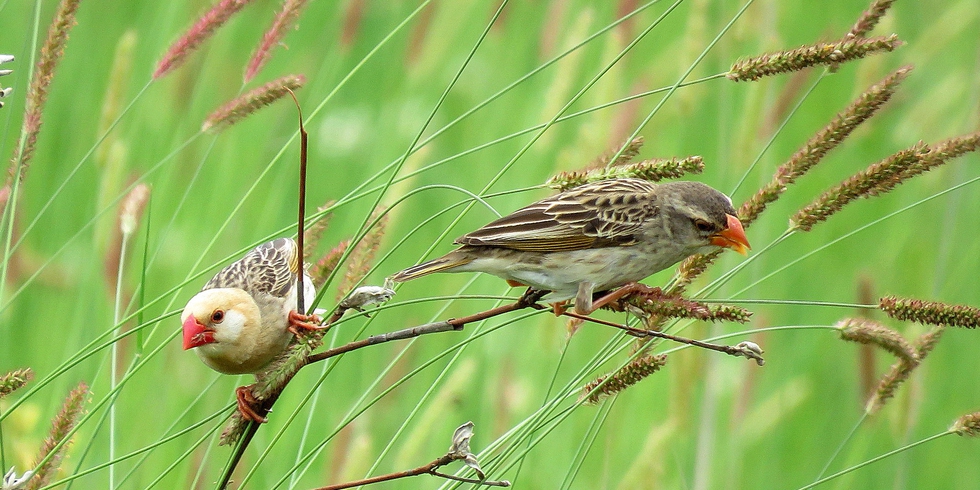
Birds, beetles, bugs could help replace pesticides
Natural predators like birds, beetles and bugs might be an effective alternative t pesticides, keeping crop-devouring pests populations down while boosting crop yields, researchers said Wednesday.
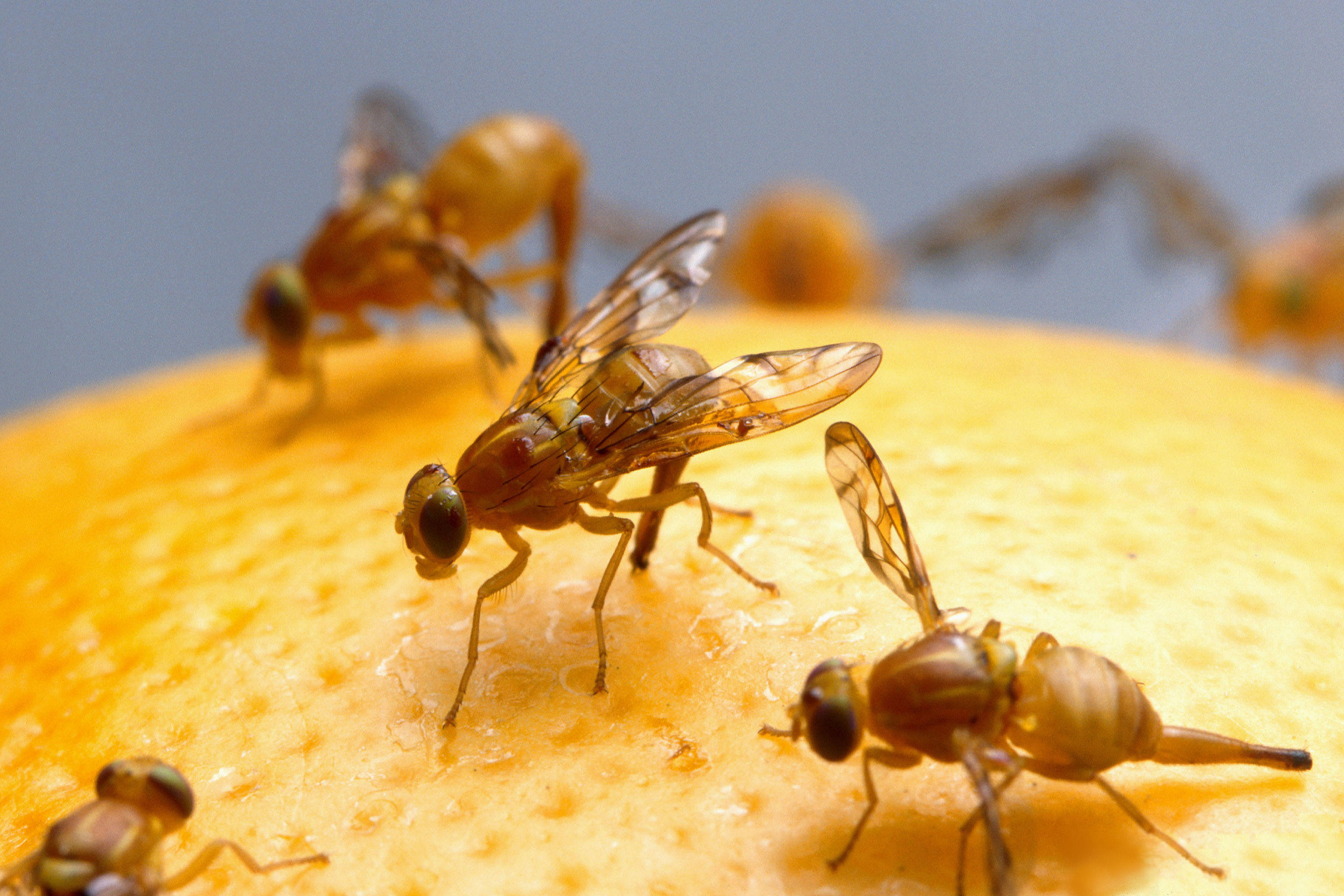
USA - What California citrus growers may need to recover from a record year for fruit fly
Redlands Daily Facts reports that Sen. Rosilicie Ochoa Bogh, R-Yucaipa, joined other members of the state legislature in writing a letter to Gov. Gavin Newsom last month, requesting $45 million in emergency funding for citrus growers grappling with an invasive fruit fly that has heavily impacted distribution and sales.
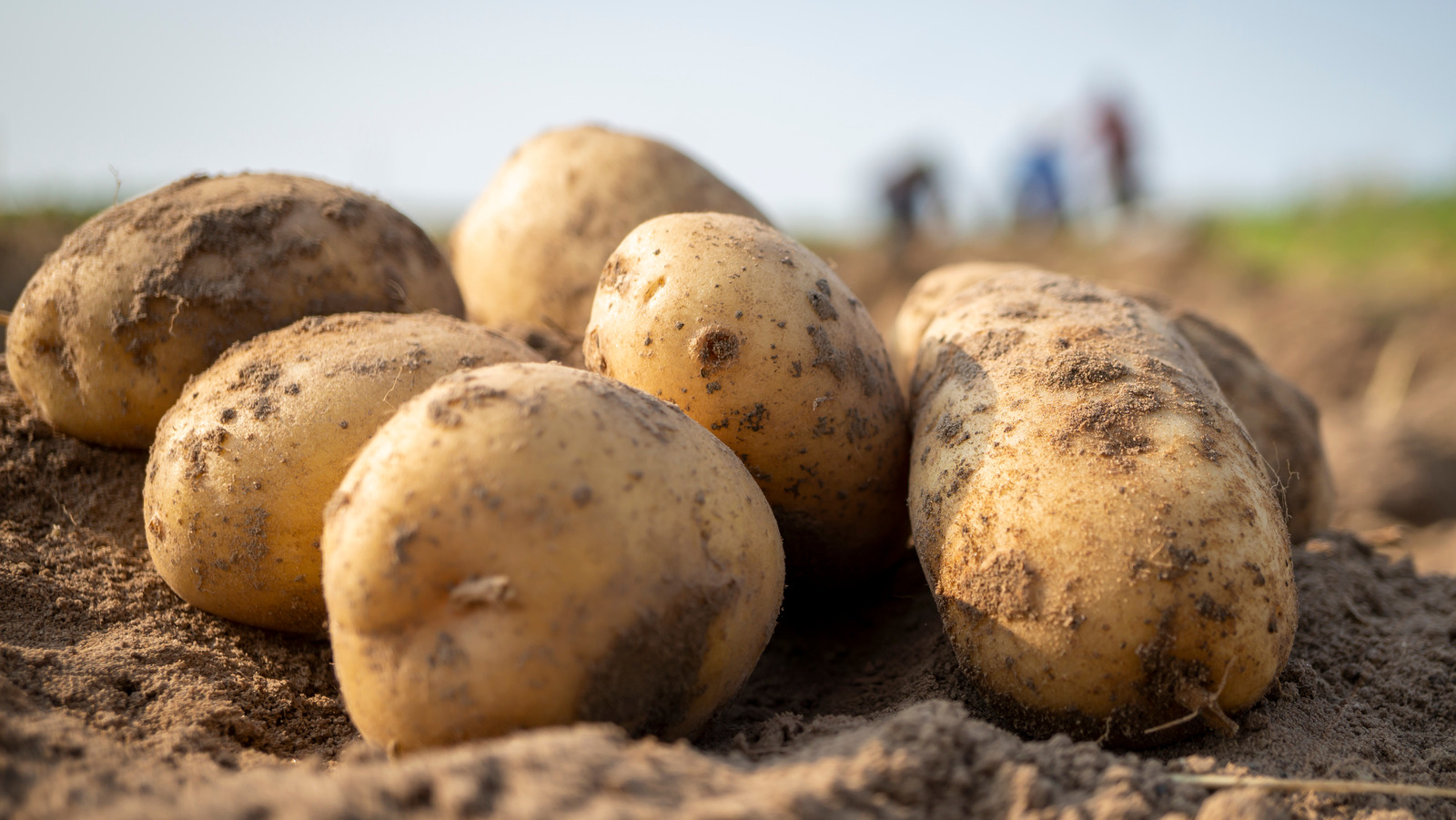
India - Unpredictable weather hits potato farming
In a setback for India's agricultural sector, potato farming has been severely affected by unpredictable weather patterns, leading to a significant drop in production. Bad weather last November impacted potato farming in the nation. It damaged the crops when they were just planted, thus farmers had to plant them again in December.


